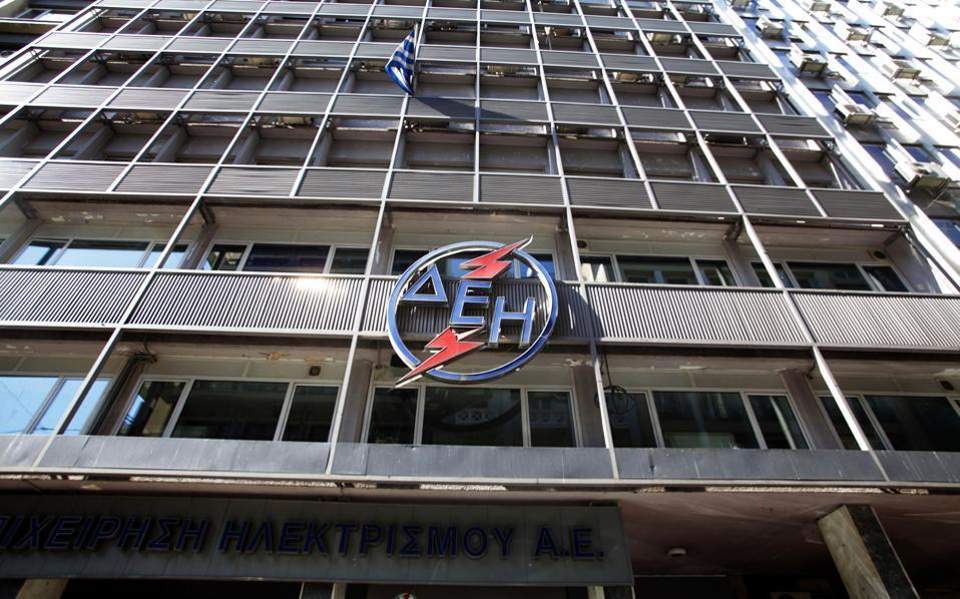PPC faces critical cash shortfall

The new chairman and CEO of Public Power Corporation has sounded a dramatic warning about the firm’s cash shortfall, saying it is larger than expected and he has three weeks to decide on measures to reduce it.
These measures could include changes in pricing, Georgios Stassis told reporters following a shareholders’ meeting that rubber-stamped his appointment by the new government.
Stassis said the shortfall could exceed 800 million euros.
The new CEO said he has given himself three weeks to come up with the measures, because that is when PPC will release its first-half results.
If the certified accountants signing off on the results are not satisfied that a plan is in place, then banks may decide to characterize PPC’s loans as delinquent, which could have a devastating domino effect on both the company and its lenders, since PPC is highly indebted.
PPC is also saddled with almost 2.5 billion euros in unpaid bills accumulated during the debt crisis.
The previous government’s determination not to cut off electricity to delinquent customers has hurt the company.
Stassis said that nonpayment should not be considered normal practice and indicated that cutting the electricity supply to homes and businesses would be an option.
He added, however, that people on lower incomes would enjoy a measure of protection, and “strategic delinquent payers,” that is, those who have the money but choose not to pay, hoping for a later favorable settlement, would be targeted.
PPC’s results have also been burdened by a significant increase in the penalties the company has to pay for its carbon dioxide emissions, which remain especially high since its main power-generating source is lignite, which creates a lot of pollution.
Stassis said the company’s new business plan would be based on reduced dependence on lignite, development in renewable energy sources and investment in new technologies.
He added that he and the government would try to renegotiate with Greece’s creditors PPC’s obligation, as a former state monopoly, to cede 50 percent of the electricity market to competitors.
Stassis said 60 percent was more in line with what happened in other countries.





